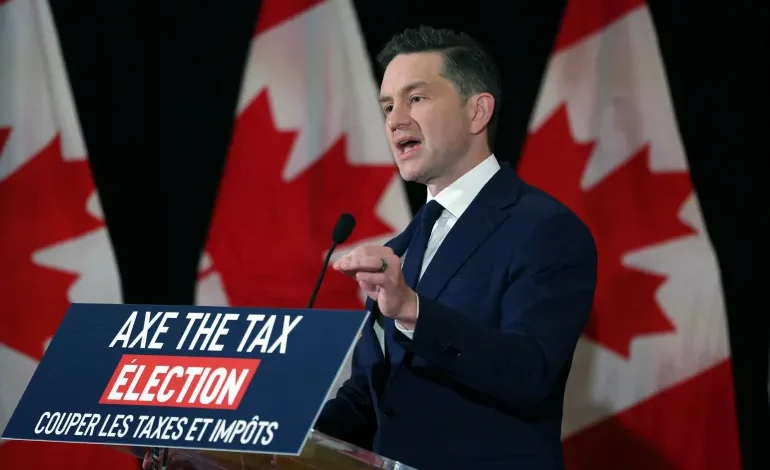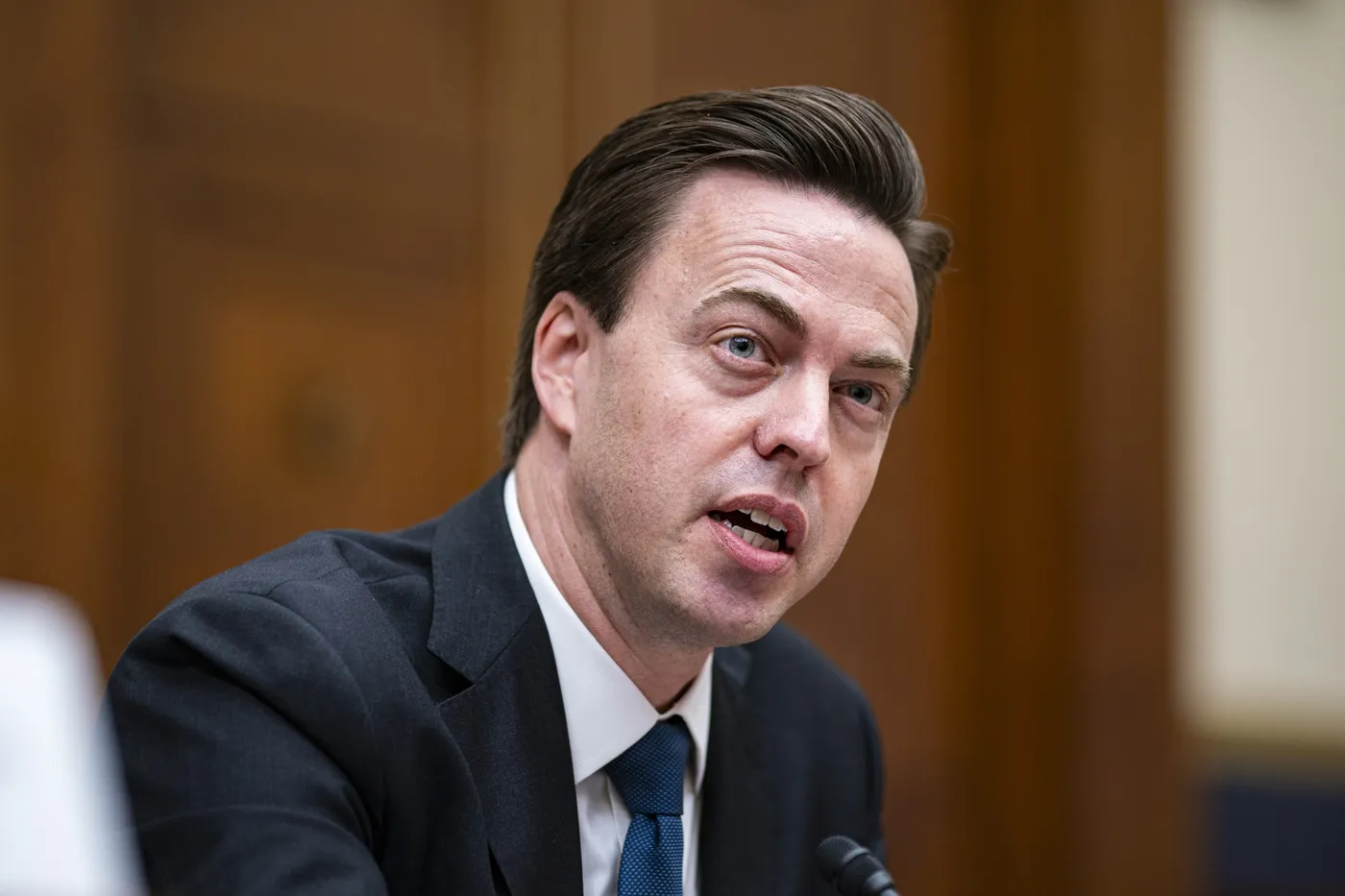Canadian Carbon Tax Faces Scrutiny as Conservatives Push for Repeal

Canada’s carbon pricing scheme, a key component of the outgoing Liberal government’s climate strategy, is under intense political pressure, Al Jazeera reports.
Implemented to reduce emissions by adding a cost to fossil fuel products, the policy has become a major point of contention, particularly as Canadians grapple with affordability concerns.
Conservative Party leader Pierre Poilievre, widely tipped to be the next Prime Minister, has relentlessly campaigned against the carbon price, branding it a “carbon tax” and blaming it for contributing to the country’s economic woes. He has pledged to eliminate the policy entirely. While research suggests the carbon price has had a minimal impact on inflation, the Conservative’s “Axe the Tax” message has resonated with voters struggling with high grocery and housing costs.
Experts note that the Conservative strategy has made carbon pricing a politically difficult sell. Even those vying to replace Justin Trudeau as leader of the Liberal Party are reportedly distancing themselves from the policy. One senior researcher suggests that the political rhetoric surrounding carbon pricing has significantly overstated its impact on affordability and its importance in combating climate change.
The carbon pricing system, established in 2018, sets minimum national standards for provinces and territories. It includes a levy on everyday fossil fuel purchases, which has increased over time. The intent is to encourage consumers to shift away from emissions-heavy products. The government established a rebate system to offset the costs, however some analysts found many households actually receive payments exceeding the additional expense caused by the carbon price.
Critics argue that the government has failed to adequately communicate how the carbon pricing system functions. One energy strategist noted that the lack of clear communication allowed the Conservatives to undermine the policy’s reputation.
While acknowledging the potential for strengthening industrial carbon pricing, some warn that scrapping the consumer carbon price is only part of a larger Conservative strategy to roll back climate action and promote fossil fuel production. They have advocated for new fossil-fuel infrastructure, such as pipelines.
As the Liberal Party prepares to select a new leader, frontrunners have signaled their intent to replace carbon pricing with alternative approaches, such as incentives for green choices. One hopeful remarked that the consumer carbon tax has become too divisive and ineffective.







